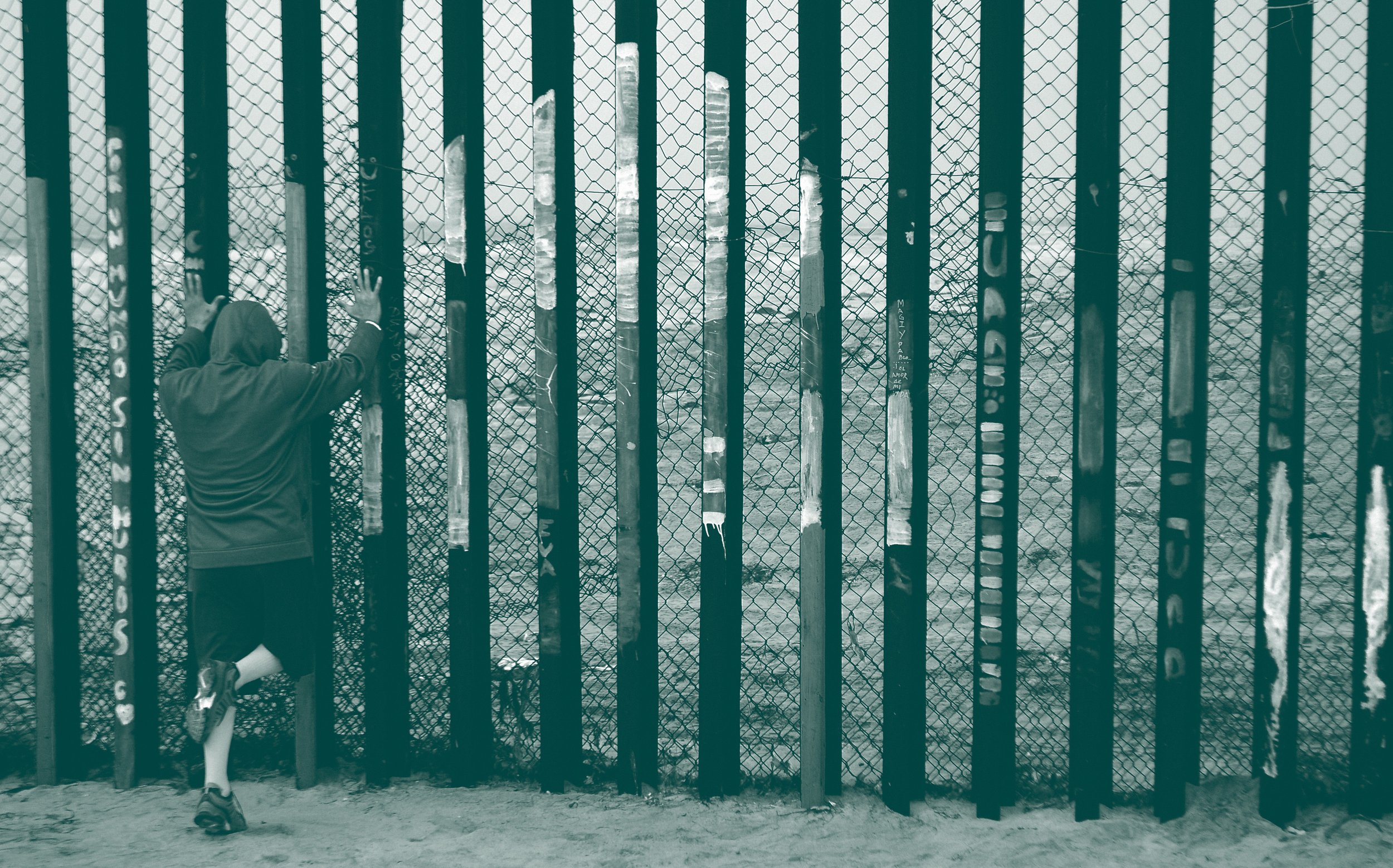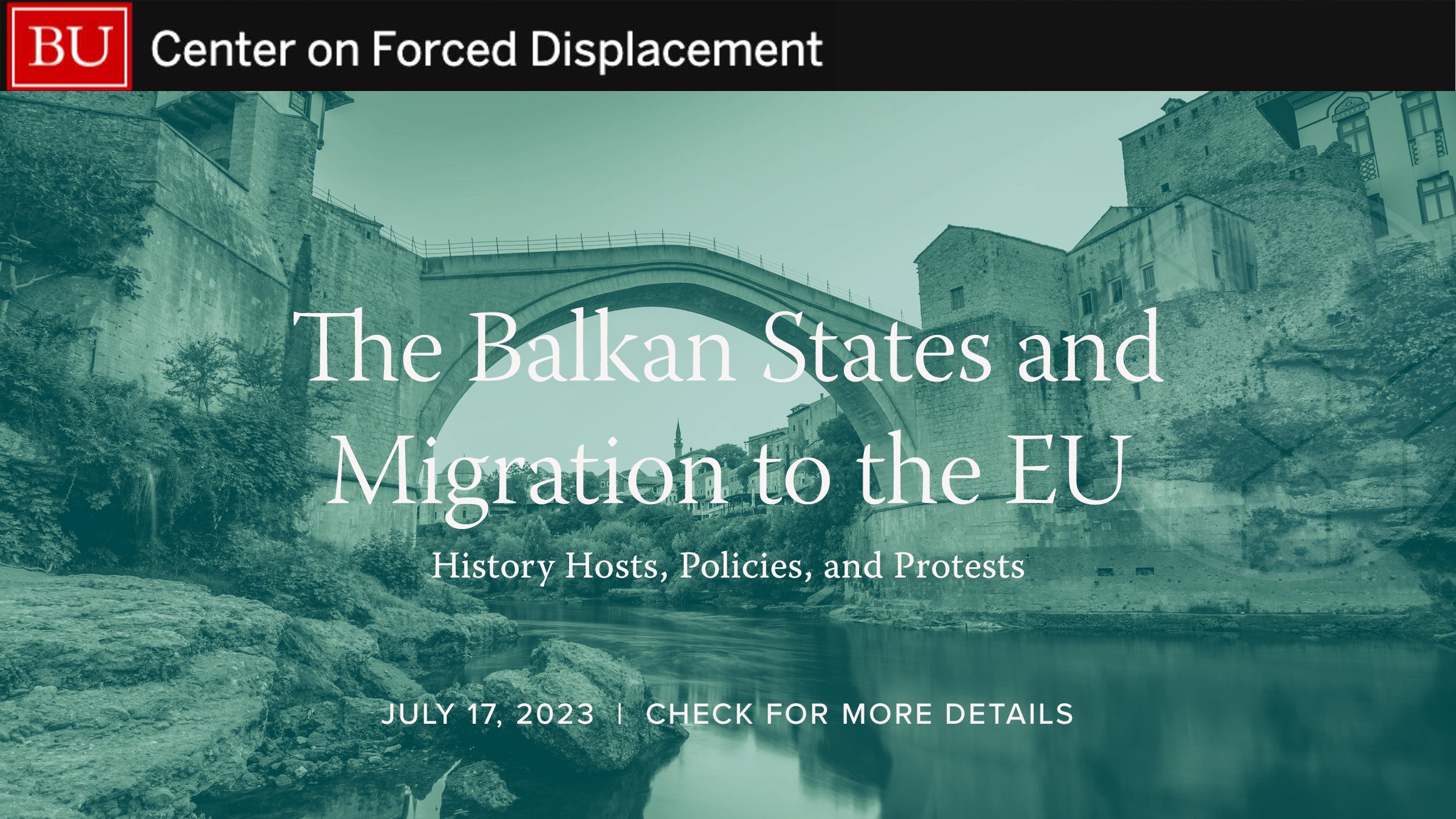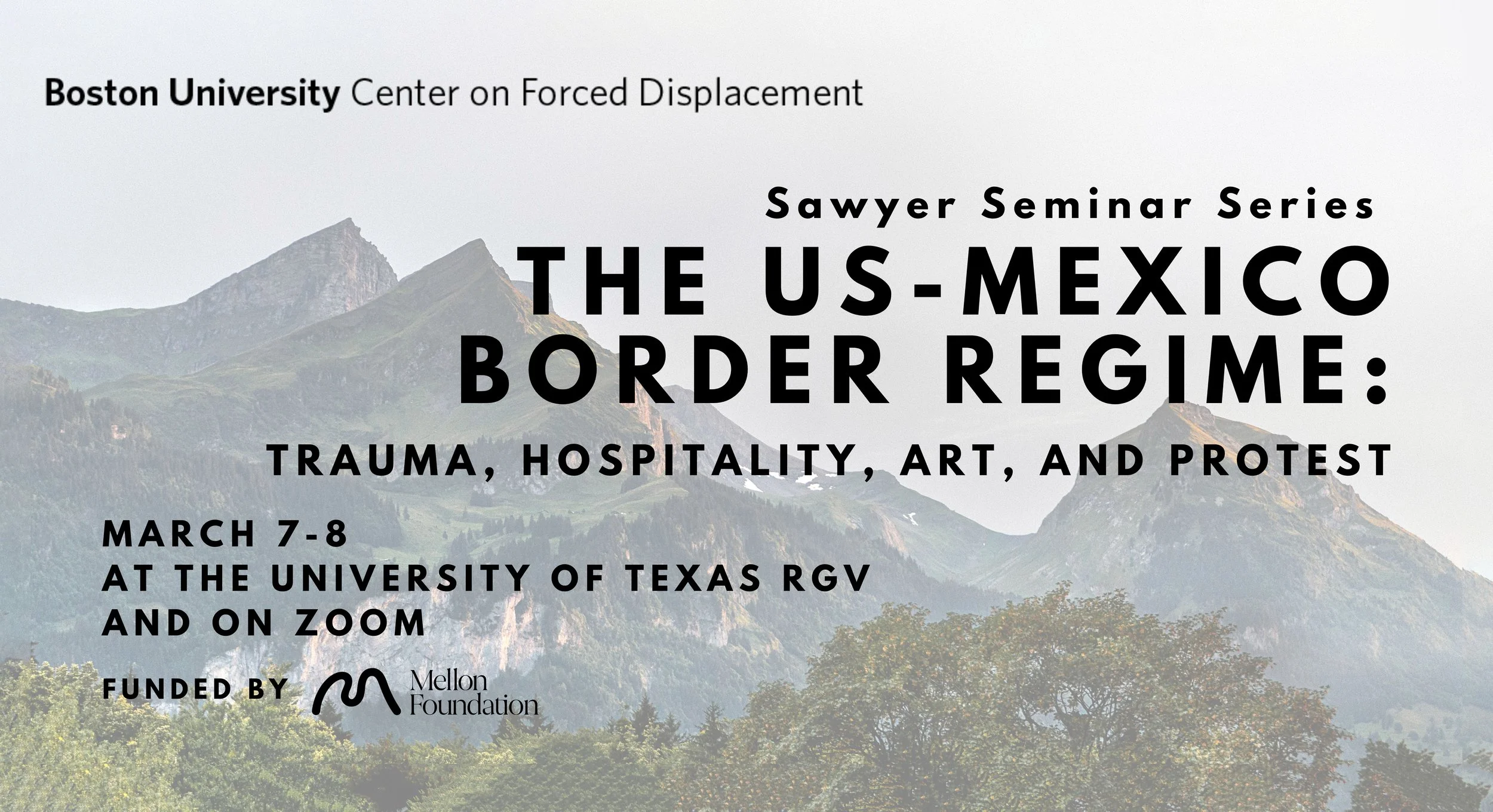
Past Events
In this closing conference, we will discuss the future of borders in a world of increasing border fluidity, and what that means for the future of the refugee protection regime.
In this session, we will discuss how discourses and acts of solidarity with migrants are changing in border towns.
This seminar will explore the complex dynamics of gender, race, sexuality, and their intersections at the modern, externalized border.
This seminar will analyze the ethics of technologies deployed at the borders and their impact on those whose lives depend on them. We will also discuss the role of developers, researchers, and engineers at universities, and what their role ought to be in ensuring ethical deployment of their technologies.
This session discusses economic policies and incentives behind externalization and their impact on the emergence of new, alternative economies.
This seminar seeks to address foundational normative questions — both ethical and legal — regarding contemporary border externalization practices.
This session, mirroring the seminar we will hold in Texas, will be located in the Balkans.
Topics to be discussed in this session include: history and policy with Serbia and Bosnia and Herzegovina treated as case studies; violence and confinement as border management policies; trauma and resilience; place and protest.
While border externalization has produced much suffering, international protests and security risks for states, communities, and individuals, it has also inspired activism and art.
This session will address the impact of eternalization on routes, border towns, and everyday lives of migrants, as well as their hosts.
This conference covered topics including: history and policy; violence and confinement as border management; trauma and resilience; as well as art and protest at the US-Mexico border.
In this opening session, current Boston University faculty engaged in research and teaching related to the topic of forced displacement convened to discuss the EU and US border regimes.











